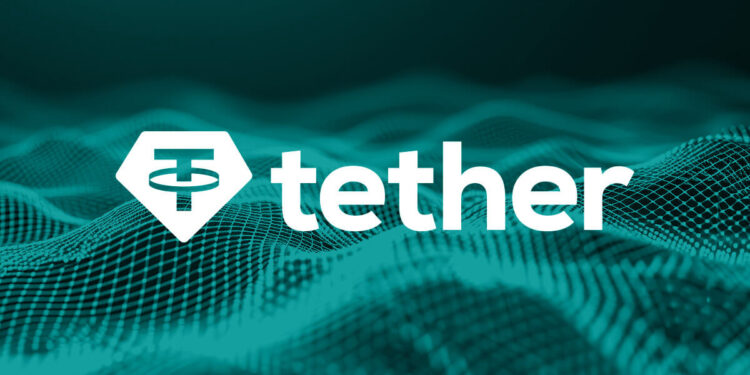Tether is actively working to enhance its relationships with regulators following the classification of its USDT stablecoin as property under UK law.
On September 13, Tether made a significant announcement regarding the appointment of Jesse Spiro, who will lead its global engagement initiatives with lawmakers, regulatory bodies, and other crucial stakeholders.
Enhancing Government Relations
According to a recent statement, Spiro’s rich background in the legislative arena is expected to propel Tether’s mission of establishing a “future-proof financial and technological ecosystem.”
Spiro articulated his vision by stating:
“Tether plays a crucial role in the current and future evolution of the digital economy and in maintaining the supremacy of the US dollar. The constantly changing legislative and regulatory environment necessitates a solid partnership between the public and private sectors.”
Industry observers suggest that Spiro’s addition could enhance Tether’s previously contentious relationship with regulatory authorities. The company has been under scrutiny over the reserves that support its USDT stablecoin.
To mitigate these concerns, Tether has made notable advancements by regularly publishing quarterly attestation reports.
Tether’s CEO, Paolo Ardoino, commented:
“[Spiro’s] extensive knowledge in government relations and blockchain technology will be essential as we navigate the complex and rapidly-evolving regulatory landscape.”
Prior to joining Tether, Spiro held significant positions, including PayPal’s Head of Regulatory Relations for its Blockchain and Digital Currencies division and Chief Government Affairs Officer at Chainalysis, a leading blockchain analytics firm.
Legal Status of USDT
On September 12, the UK High Court made a landmark ruling designating USDT as property under English law.
Deputy Judge Richard Farnhill of the High Court of Justice stated that:
“USDT attracts property rights under English law. It is neither a chose in action nor a chose in possession, but rather a new category of property not reliant on a legal entitlement. It is possible to trace it and it can serve as trust property, similar to other forms of property.”
Notably, this ruling was issued shortly after the UK Parliament proposed a bill aimed at legally recognizing digital assets.
The news of Tether aiming to strengthen government relations comes in the wake of this pivotal legal recognition of USDT.




